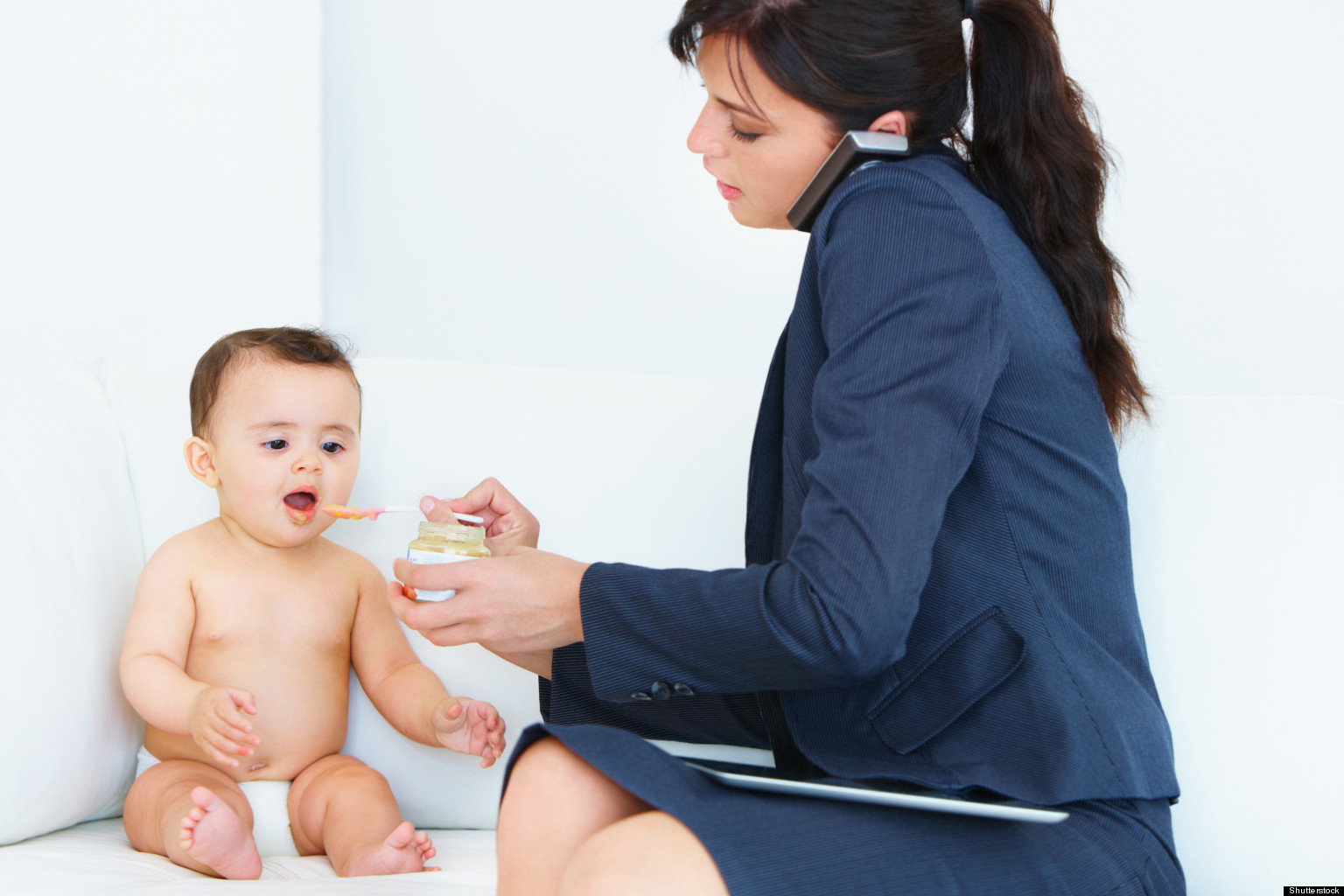 |
| "Yes, of course Gary, I already took care of it." |
Ye Olde Urination/Excretion
System
The urination system
consists of a bag-shaped organ called the bladder that sits under the uterus,
and a tube called the urethra that comes out in front of the vagina to let the
pee out (and probably other parts, but I'm not that kind of doctor). The excretion system (guts) is a long squishy tube all folded up in a
heap above and behind the uterus that comes out the you-know-what.
Urethra
Did you know that typically the urethra gets bruised while
giving birth vaginally, even for women who gave birth without an epidural and
associated catheter, such that it is painful for weeks afterward? It’s true!
Gosh, women are so lucky to experience such unique and interesting physical
events.
Bladder
While pregnant, the bladder gets seriously abused. The
growing baby pushes on it and kicks it, and hormonal changes create the urgency
to pee constantly, even before that time as well. During pregnancy and after birth, many
women also experience incontinence – whether it be just small leakages of pee
associated with laughing and sneezing, or complete lack of bladder control
associated with pelvic floor trauma. Imagine the trunk of a person’s body as a can: because women have a hole in the bottom of our can that needs to
open up wide enough to let a baby out, the bottom of our can has been completely cut
off and covered by muscles that weaken and stretch out during and after
pregnancy. This means we can’t hold in our pee as well, and also means that our
bladders, uterus, and even our guts can literally fall out of our stretched-out baby
hole. This is called a prolapse and it is freaking horrifying.
Can you go for a run or jump on a trampoline with your kids without fear of peeing all over the place and/or checking to make sure you have the proper absorptive items in place to prevent said pee from running down your legs? No? Welcome to the club.
 |
| "I can no longer sit on our white couch without fear of leaking pee onto it, so we all just hang out on the floor as a family now. It's quite pleasant!" |
Guts
You know how the baby grows in the uterus, and gets pretty
gigantic? In that uterus is also a thick layer of blood, like we discussed, and
a big jellyfish thing called a placenta. All of these bits take up a lot of
space, and as they grow larger, various organs including the bladder and the
intestines get very smooshed. As the intestines get all squarshed up, it
unsurprisingly messes with a woman’s digestion. We get to experience all sorts
of weird poop and farting issues while pregnant, as well as often debilitating
heartburn. I won’t go into more detail, but let’s just say it’s unpleasant,
like the rest of childbearing.
Ye Olde Ability to
Sleep
Ok, this isn’t a
particular organ, but more of a whole-body/brain/hormones thing.
Lack of sleep is a famous part of having an infant. But did
you know it often starts during pregnancy? It’s super difficult to sleep with a
live bowling ball stuffed inside of you, kicking you in the bladder, diaphragm,
and cervix while you are trying to sleep through an overactive bladder and
heartburn. Once the baby is born, it’s often no longer your own body (or your
body’s reaction to the baby kicking you) that wakes you up – it’s the baby
crying for something or another. A lucky mother might have a partner willing to
sacrifice his or her own sleep to get up and attend to the baby, and let the
mother sleep. This was not so much the case for me, since my husband could
sleep through an air raid siren and also has a much higher tolerance for crying
than I do. My kids now generally only wake up once a night, so I mostly sleep
fairly well, but I admit I looked forward to my post-baby hernia surgery simply
for the general anesthetic nap.
 |
| "I no longer remember how to sleep, so I use the nights to hand-crate the decor for my daughter's nursery while she kicks my diaphragm - it's such wonderful bonding." |
Notice here in this series of blog posts, I generally didn’t
mention anything about parenting that isn’t directly tied to biology. This is
because it is totally possible for a partner who didn’t give birth, isn’t
breastfeeding, and whose body didn’t get torn up by these activities to be
fully engaged and to share the parenting responsibilities equally.
So why do I think it’s fair that women get a helping hand to
succeed in their careers post-baby? Well, aside from the physical difficulties
women experience (most of which aren’t dealt with in any equitable way – we
don’t get naps at work while pregnant, for instance), we also tend to do more
and more annoying childcare,
household
management, and housework
once we have kids – even in families where the dads WANT to be, and THINK they
are being egalitarian. It’s kind of a raw deal trying to be a mom and
succeeding at the rest of life, so I think we deserve all the help we can get.
If that help comes in the form of partners who take on more of the burden to offset the
physical and emotional labor that women put into childrearing, that’s all well
and good. But until that happens for realsies, a little money for moms to hire someone to help around
the house is a great start.
I'm sure I'm forgetting more unpleasantries associated with the biological production of babies, so feel free to add them in the comments!



